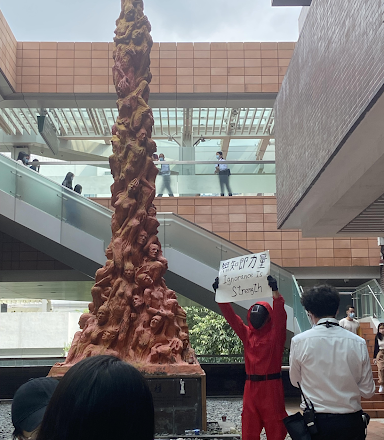Nostalgia
Nostalgia: from the Greek Nostos meaning “return home” and Algos meaning “pain”. The word literally means the ‘suffering evoked by the desire to return to one’s place of origin’. Of course, today the word takes on a different meaning, yet there is definitely something to be said about the pain of looking back.
The complex emotion of nostalgia often depends on our experience of the present. It's ironic how a concept all about the past can be completely dictated by the present, and the prospect for the future. At times it can be hard to think back to a time when things were less complicated, less lonely, less painful - or just less. Knowing how good things once were can show you just how far you’ve fallen. It can make it seem impossible to claw your way back to that happy place. Th...



